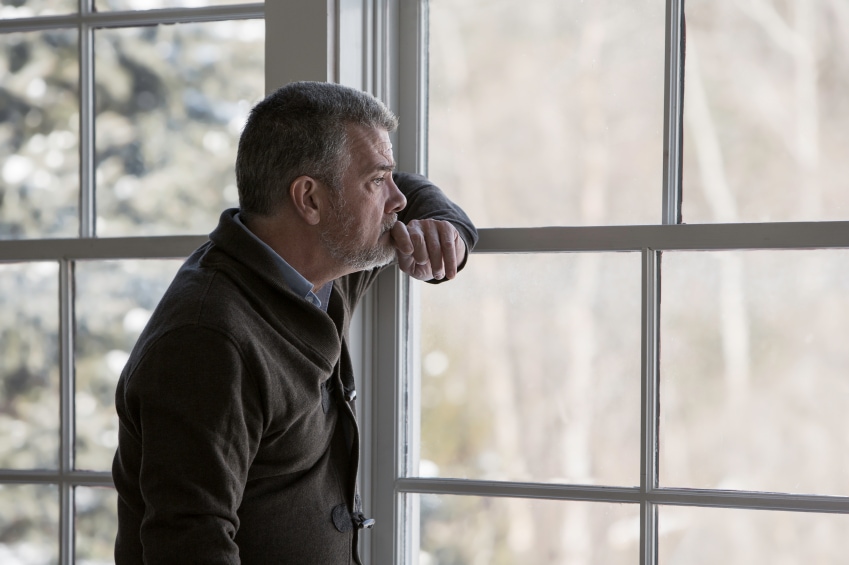Roseroot alternative treatment for depression

A recent study published in Phytomedicine measured the effectiveness and safety of roseroot extract as an alternative treatment for depression. The study was led by Dr. Jun J. Mao, associate professor of family medicine, community health and epidemiology at the Perelman School of Medicine, University of Pennsylvania.
Fifty-seven adults took part in the study, which was the first ever randomized, double blind, placebo controlled, comparison trial of roseroot extract. Researchers compared the effects of roseroot extract on mild to moderate major depressive disorder with sertraline, a commonly prescribed antidepressant.
Each participant had had two or more major depressive episodes, depressed mood or loss of interest in activities for at least two weeks and exhibited depressive symptoms such as significant unintentional weight change, fatigue and suicidal thoughts. The participants received either treatment with standardized roseroot extract, sertraline or a placebo over the course of twelve weeks. During the twelve week treatment period changes in the participants’ depression was monitored.
The researchers found that although the participants receiving sertraline were more likely to report improvements in their symptoms by week 12 of their treatment than participants receiving roseroot extract, the differences were not statistically significant.
In comparison to the participants receiving a placebo, patients taking roseroot were 1.4 times more likely to show improvement in depressive symptoms with patients taking sertraline having 1.9 times odds of improvement.
Significantly more patients receiving sertraline (63%) reported side effects compared to only 30% of participants receiving treatment with roseroot extract. This suggests that roseroot may have a more favourable risk to benefit ratio than sertraline for treating mild to moderate depression.
Past research has suggested that roseroot could enhance mood by stimulating the receptors of neurotransmitters such as dopamine and serotonin in the brain that are involved with mood regulation. Other research suggests that rosewood extract affects beta-endorphin levels in the body.
“These results are a bit preliminary but suggest that herbal therapy may have the potential to help patients with depression who cannot tolerate conventional antidepressants due to side effects.”- Dr. Jun J. Mao, Perelman School of Medicine, University of Pennsylvania

